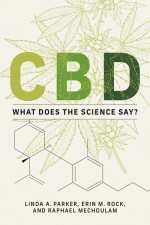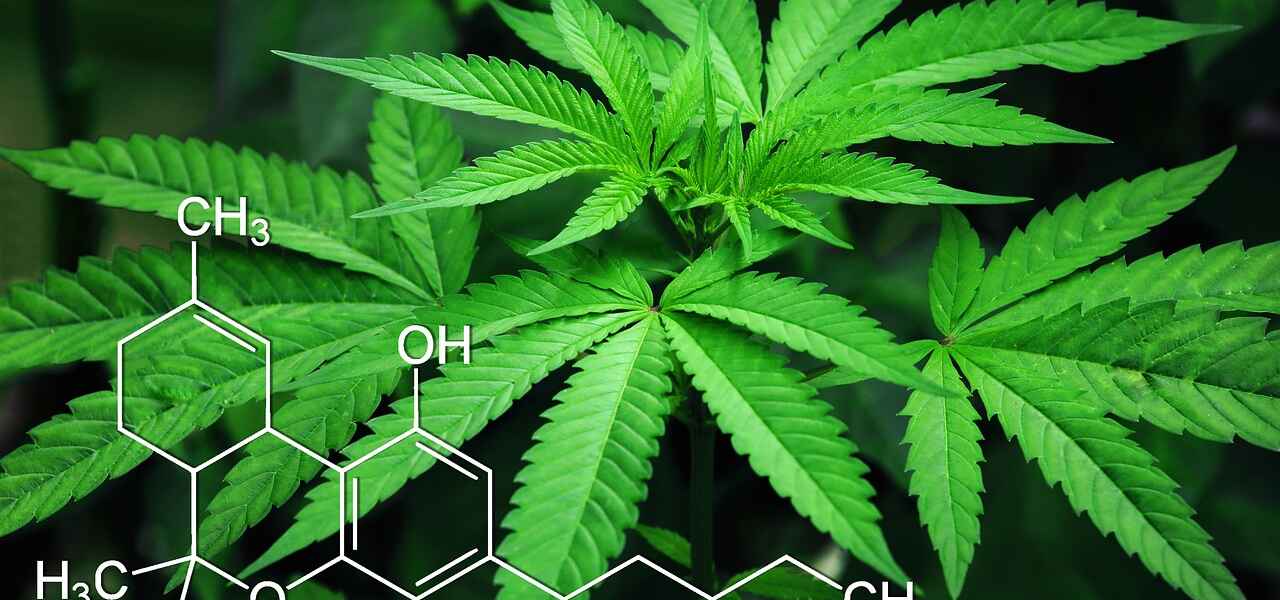Dr. Linda Parker calls the growing awareness and ensuing popularity of cannabidiol “the CBD craze.”
Parker would know; she’s spent decades studying cannabinoids and their effects on the brain, beginning long before CBD became a household name. Her research explores psychology, pharmacology and neurobiology to understand learning, emotion, sickness and addiction.
In her new book from MIT Press, CBD: What Does the Science Say?, the professor emeritus of psychology at the University of Guelph picks up where her first book, Cannabinoids and the Brain, left off.
A scientific approach to misinformation

It was time, Parker said, for a second book to affirmatively say what is and isn’t currently known about CBD.
“It’s a field that is just growing tremendously right now,” she said, “and we needed to bring public knowledge in line with where the science is.”
Co-written with Erin M. Rock, a U of G post-doctoral researcher and adjunct faculty member in the Department of Psychology, and Dr. Raphael Mechoulam, an Israeli organic chemist widely considered the “father of cannabis research” to whom U of G granted an honorary doctorate, the book takes a scientific approach while addressing misinformation widely circulating about CBD.
“Although there is early evidence of potential medical benefits of CBD for various indications, the claims have gone beyond the research,” Parker explained.
What is CBD?

CBD is now a common term, said Parker, but 10 or so years ago – before the 2018 legalization of cannabis – hardly anyone but scientists had heard it, let alone understood it.
Cannabidiol, or CBD, is one of more than 125 active cannabinoids found in the cannabis plant, or marijuana. However, unlike tetrahydrocannabinol, CBD is not intoxicating.
“There is considerable in vitro and preclinical animal evidence indicating that CBD may be effective as an anti-inflammatory agent, but there is also a lack of human clinical trial evidence,” Parker said. “The only high-quality human clinical trial evidence for the benefits of CBD is in the treatment of childhood epilepsy, for which it has received FDA approval.”
CBD is commonly claimed to treat chronic pain and anxiety, Parker said. “Although there is preclinical animal evidence to support such claims, they are often not supported in research conducted with humans,” she said, adding placebo-controlled, randomized clinical trials are greatly needed to confirm or refute such claims.
CBD may be very helpful for some people, but generalizing beyond the known human clinical data can be harmful, she warned.
CBD a complex substance, acts on various receptors
There are challenges when researching a controlled substance like CBD, Parker said, from the laborious approval process for researchers to the fact that CBD is a complex substance that acts on various receptors in the brain and body.
Some researchers have studied CBD as a treatment for schizophrenia in humans, but Parker said because the dose required is so high, it is difficult to determine the mechanism it is acting on. At such high doses, CBD can interfere with the metabolism of other drugs, she added.
With the book, Parker said, “it was time to drill down on CBD and look at what we do know and don’t know.
“We’re just hoping to present the evidence that exists with hope that potentially new human clinical trials could lead to better treatments.”
Contact:
Dr. Linda Parker
parkerl@uoguelph.ca
